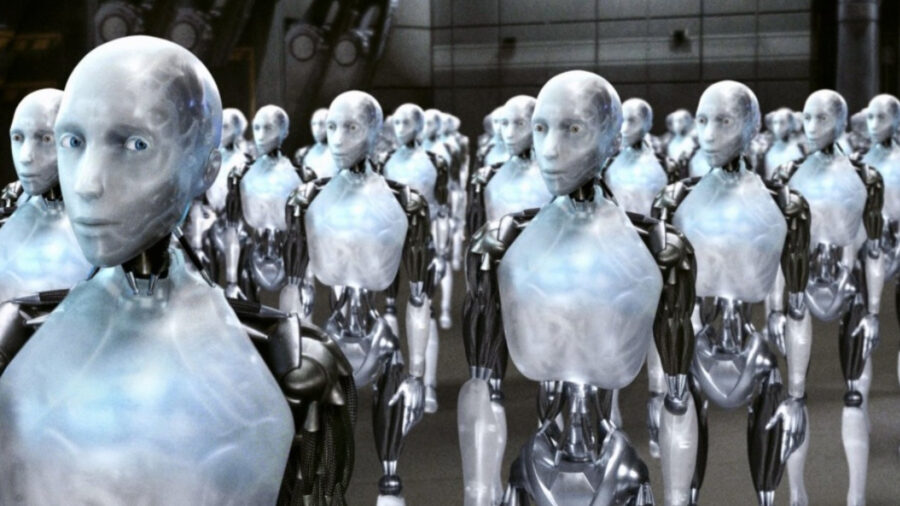Why Super-Intelligent AI Will Run Out Of Our Control
Scientists say once we develop super intelligent AI, we will not be able to program it for safety.
This article is more than 2 years old
In today’s edition of GFR tackles horrifying advancements and news in the artificial intelligence community, we’ll be examining our newest fear: the inability to control super intelligent AI. We know, we know, this week has already brought you the food delivery robot who didn’t care about crossing a taped-off police scene to do its job, and now this? Unfortunately, we just do the reporting and we’re here to tell you that when it comes to technology, things could get out of control really fast.
While the idea of super intelligent AI programming taking over the world isn’t a new concept, with a slew of films and television shows including The Matrix franchise, The Terminator franchise, and Battlestar Galactica focusing on exactly that, we luckily haven’t really faced down that threat quite yet. But, researchers aren’t saying that this idea is totally impossible. According to a study done by the Journal of Artificial Intelligence Research, the possibility isn’t quite as far-fetched as we’d like to imagine.
In their findings, the researchers discovered that if the super-intelligent AI is exactly that, a level of intelligence that goes beyond our own as humans, there’s no reigning it in. To break it down further, if we can’t wrap our heads around what the robots would be thinking, we would simply be unable to program them to not cause harm to humans. In short, if we reach a level of AI beyond our own, we’re in for a world of chaos and alarm.

But, this of course poses its own scientific struggles. Many scientists are saying that if we can’t give our very best to the robots, which we’re pouring so much information and time into, why do it at all? And on the other hand, when do we stop knowing that what we’re really doing is creating a super-intelligent AI that could wipe out the world as we know it? At this point in time, it seems there’s no right or wrong answer.
From NASA engineering an army of robot doctors to assist astronauts while in space to the aforementioned food delivery robot, the scientific community has made great strides in creating helpful AI machinery. But, as we know through instances like the story of the Chicago man who was possibly wrongfully accused of shooting another person due to an alleged flaw in law enforcement’s AI system, sometimes the mark is missed altogether. And, as made obvious by the research done in the aforementioned article, the world ending due to a super intelligent AI is a problem that we could be inching closer and closer to with every new machine created.
But, also, a super-intelligent AI ending life as we know it isn’t the worst way the world could end! And as long as Hollywood keeps churning out films based around it, like the upcoming Simu Liu and Jennifer Lopez Netflix feature, Atlas, we’ll better understand how to take on the machines when they rise up against us. Let’s get ready to put all of that “useless” knowledge to use.












